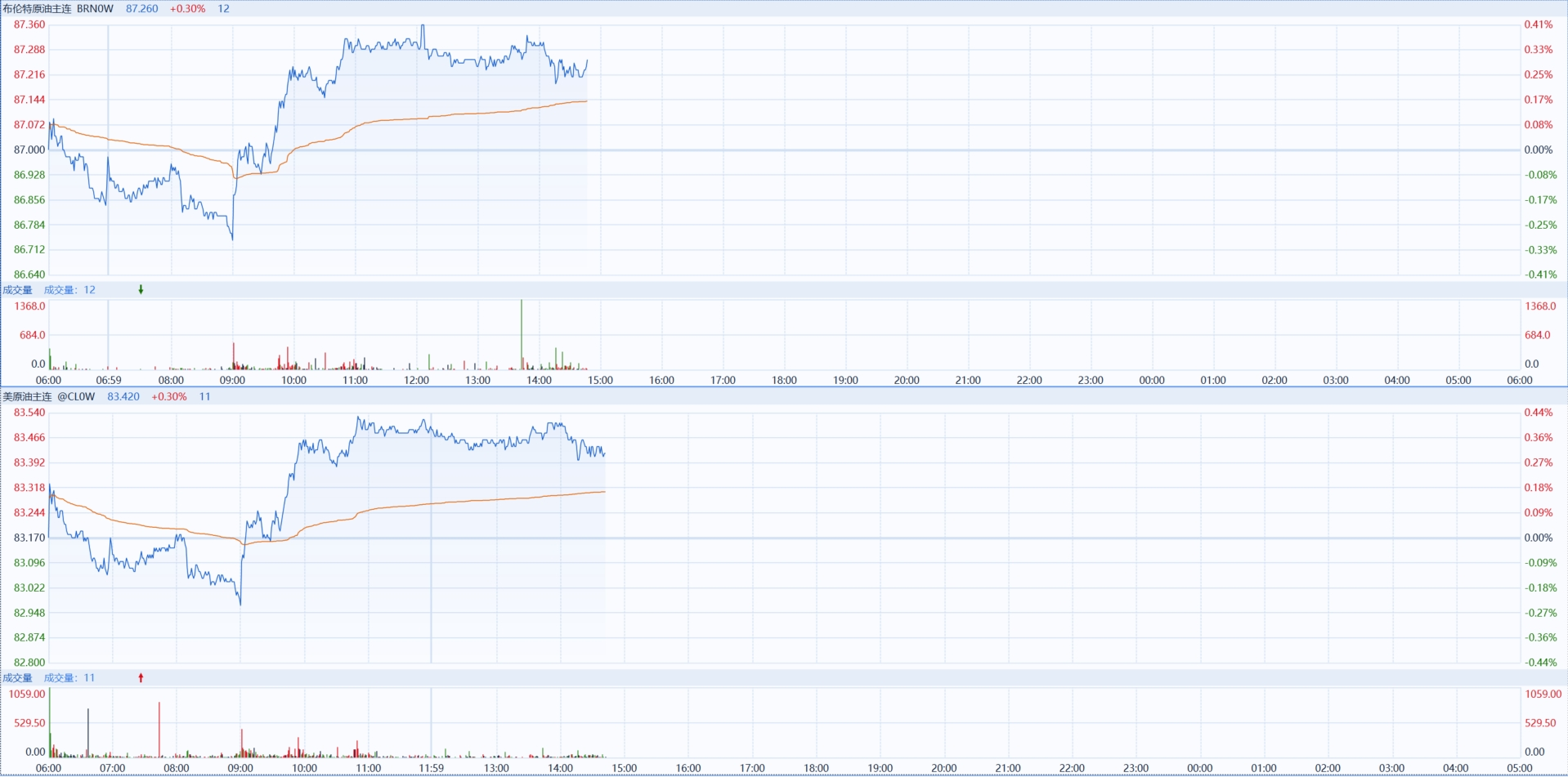U.S. crude oil suppliers are seizing the world market under Western sanctions
U.S. crude exports have set five new monthly records since the West began imposing sanctions on Russia in 2022.
On April 1, it was learned that since Western countries sanctioned Venezuelan and Russian crude oil, U.S. crude oil suppliers have themselves penetrated the market once dominated by the Organization of the Petroleum Exporting Countries (OPEC) and its allies.
U.S. crude exports have set five new monthly records since the West began imposing sanctions on Russia in 2022, data show.And as the market extended Venezuela's crude ban, U.S. crude began to gradually seize the market for Indian crude, booming.
While U.S. crude oil has long had abundant demand elasticity in international markets, the recent surge in demand for U.S. oil in Europe and Asia, benefiting from complex macroeconomic conditions and geopolitical conflicts, is gradually helping to make the U.S. one of the world's largest exporters of crude oil.
U.S. oil production is increasing at a time of strong demand。The continuous supply of crude oil is also the main driver for the United States to seize the global market in a short period of time.。In terms of physical oil prices, Houston's WTI oil price is close to its highest level since October last year, and Mars, the U.S. acid benchmark, is not far behind.
Gary Ross, a senior oil adviser turned hedge fund manager at Black Gold Investors, said: "U.S. production is rising, while OPEC and Russia are falling - so, as the name suggests, the U.S. will have more market share."
India is the third-largest importer of crude oil from the United States and Moscow's second-largest buyer after China.。According to data from crude oil tracking company Kpler, in March 2024, the amount of crude oil shipped from the United States to India reached the highest level in nearly a year.
Meanwhile, foreign media tracking of tankers shows that Russian oil imports have fallen by about 800,000 barrels per day since last year's high.Russian oil shipments are likely to fall further as Indian refiners no longer accept cargoes from tankers owned by the state-run Sovcomflot company, which was recently sanctioned by the United States.
In response, Matt Smith, chief American oil analyst at Kpler, said that while U.S. crude supplies cannot fully replace Russian crude due to differences in oil quality and sailing time, "there will definitely be some diversion, namely the introduction of more U.S. crude."
As of press time, international oil prices rose slightly today, with cloth oil up 0.3% at $87.26 a barrel; U.S. oil up 0.3% at $83.42 a barrel。

·Original
Disclaimer: The views in this article are from the original Creator and do not represent the views or position of Hawk Insight. The content of the article is for reference, communication and learning only, and does not constitute investment advice. If it involves copyright issues, please contact us for deletion.